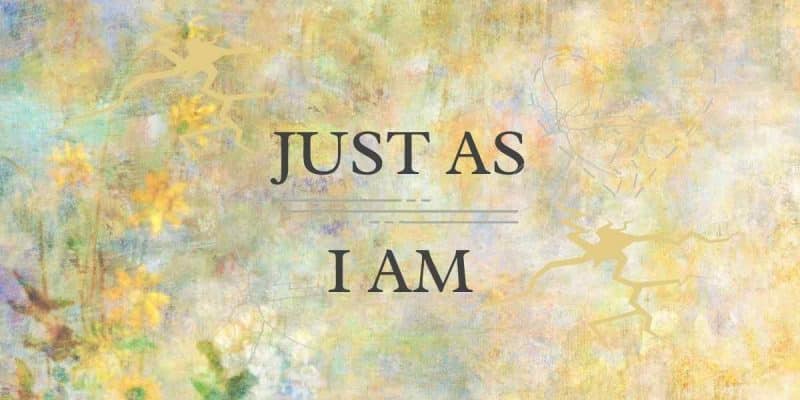More people have come to Christ through this hymn than any other. It just wouldn’t be a Billy Graham crusade without it—a sort of national anthem for Christians; it contains our religion, our theology, our hope.
Charlotte Elliott was a 4-month-old baby when the French Revolution began. Despite the war, her life was quiet and happy as she cultivated her many interests and giftings, “accomplishments”, as Jane Austen, the ‘fashionable’ author at the time, would say. Young Charlotte was a well-known gifted British artist and poet, full of energy and charisma. In her early 20s she became bed-ridden, depressed, and bitter. In 1822, the well-known preacher, Cesar Malan, visited her family of preachers. Charlotte was restless and angry when she met him because, due to her condition, she was unable to participate in the preparations for a fundraiser her family was working on. At supper Malan said that he hoped she was a Christian. Elliott was offended and replied that she would rather not discuss the topic. Apologizing, Dr. Malan said that he always liked to speak a word for his Master and that he hoped she would one day become a worker for Christ.
A few weeks later they met again. She told him that ever since he had spoken to her, she’d been trying to clean up her life so that she could become a Christian. Despite being raised in a home of preachers, she was unsure of her salvation. She asked him to tell her how to find salvation, though she felt unworthy of God’s grace and had nothing to offer Him. Malan explained that there is nothing anybody can give God, nor does He need anything. He just wants you to come as you are, a sinner. She came to Jesus that night. Those five words, “Just come as you are,” continued to reverberate in her mind as she began to express her life verse, “If a man come after Me, let him deny himself, take up his cross and follow Me” (Lk. 9:23). She took out pen and paper and began writing her own life story, her testimony. Her brother shared it with his congregation where he discovered that her story was the story of those who heard it.
Though she remained an invalid the rest of her life, Charlotte Elliott’s vivacious spirit and laugher returned as God renewed her heart. Years later, her brother wrote, “In all my preaching, I have not done so much good as my sister has been permitted to accomplish by writing [this] one hymn.”


